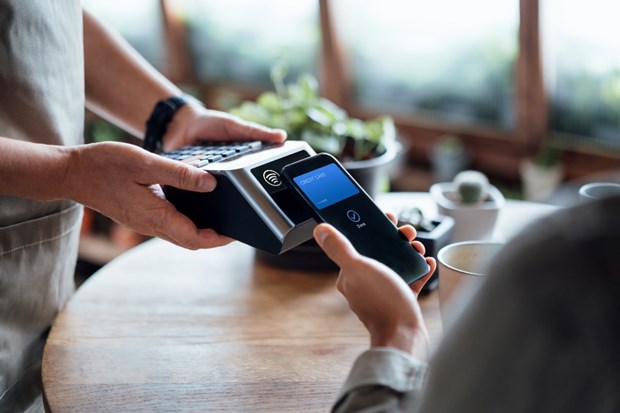A report of United Overseas Bank (UOB Việt Nam) shows that 76 per cent of Vietnamese people are optimistic about improving their personal finances by the middle of next year, followed by Indonesians (74 per cent) and Thais (68 per cent).

A report of United Overseas Bank (UOB Việt Nam) shows that 76 per cent of Vietnamese people are optimistic about improving their personal finances by the middle of next year, followed by Indonesians (74 per cent) and Thais (68 per cent).
The study has found that Vietnamese consumers are more optimistic compared to those in Singapore, Malaysia, Thailand, and Indonesia, but remain concerned about rising inflation.
Rising inflation is the top concern in the ASEAN region, with 62 per cent of respondents agreeing that this is their top worry.
Eight out of 10 consumers in Việt Nam are worried about their finances. The top three financial concerns in Việt Nam are the ability to save money (32 per cent), the ability to maintain current lifestyle (32 per cent) and the ability to meet the financial and healthcare needs of parents (30 per cent).
Therefore, Vietnamese consumers are more cautious with their finances and investments. Sixty five per cent of respondents reported tracking their spending more closely through online banking platforms and 60 per cent learned more about products with incentives, reward points or savings.
Financial preferences are also changing with consumers allocating more money to low-risk financial instruments such as bank fixed deposits (32 per cent) and insurance plans (28 per cent). Twenty five per cent of respondents in Việt Nam are allocating more money to insurance products compared to last year, which is four percentage points higher than the regional average, especially among affluent consumers (36 per cent).
According to the survey results, many consumers in Việt Nam are interested in learning more about sustainable investment. 40 per cent said they already included sustainable investments in their portfolios and 58 per cent would consider making sustainable investments if it suited their risk appetite. Nine out of ten consumers say sustainable investing helps achieve the dual goal of achieving financial returns while also benefiting the environment.
The preference to adopt digital banking and payment channels continues to trend strongly. Consumers are favouring mobile banking apps, and newer digital payment modes like e-wallets, QR code-based payments, e-commerce payment platforms, and mobile wallet debit or credit cards.
As Vietnamese consumers become more digitally proficient, usage of mobile banking applications has increased dramatically with 54 per cent of respondents increasing their use of this channel over the year. More than half of those surveyed prefer to use online channels to transfer money abroad and check reward points status.
For more complex or high-value transactions, consumers still value in-person channels or a combination of online and in-person channels.
In the field of payments, Vietnamese consumers showed that they are knowledgeable about the latest technologies. E-wallets, card payments on mobile wallet apps and e-commerce payment platforms are the most popular payment methods used by 67 per cent, 58 per cent and 55 per cent of people surveyed, respectively.
The survey showed that four out of five consumers in Việt Nam use e-wallets at least once a week and tend to recommend them to others. Momo is the most popular e-wallet among consumers, followed by ZaloPay and VNPay.
Paul Kim, head of Personal Financial Service at UOB Vietnam, said: "Strong economic growth in Việt Nam has given the nation's consumers more optimism about their financial wellbeing when compared to their regional counterparts. While they are concerned about high inflation, we are encouraged by their continued enthusiasm to embrace a new era of digitalisation."
“As a financial institution, the study's findings and insights regarding consumer priorities, savings habits, financial behaviours, and digital preferences are invaluable. This allows us to understand our customers better and tailor our services to their needs as we enhance our engagement efforts,” Kim said. — VNS





